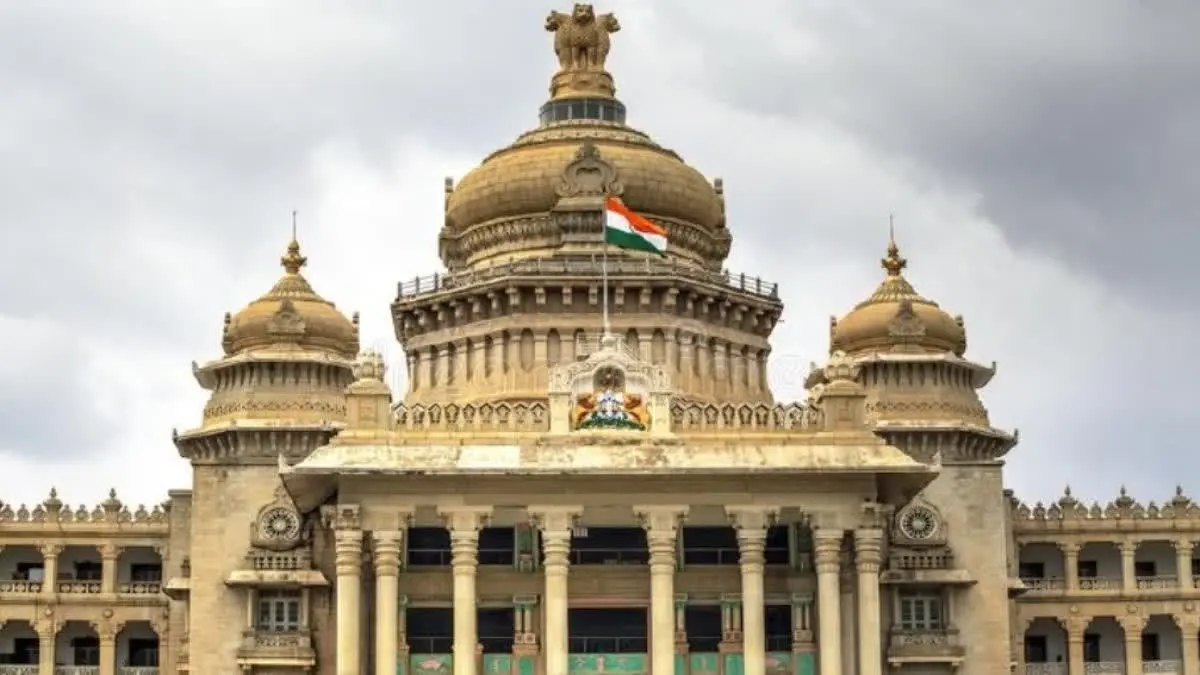Mahatma Gandhi, the Father of the Nation, was born on October 2, 1869, in Porbandar, Gujarat. His extraordinary life and unwavering commitment to truth, non-violence, and justice shaped not only India’s struggle for independence but also inspired freedom movements across the globe. On his birth anniversary, we reflect on the key aspects of his life, his philosophy, and the legacy he left behind.
Early Life and Education
Born Mohandas Karamchand Gandhi, he hailed from a devout family in Gujarat. After completing his schooling in India, Gandhi pursued law in London, where he studied to become a barrister. Despite his privileged education, he never imagined that his life would take the path of becoming a symbol of resistance against oppression.
Awakening in South Africa
In 1893, Gandhi traveled to South Africa to work as a legal representative. It was here that he first encountered the harsh realities of racial discrimination and injustice. He witnessed the struggles of the Indian community, who were treated as second-class citizens under the apartheid regime. This experience ignited in him a deep desire to challenge oppression through peaceful means.
In South Africa, Gandhi formulated the concept of Satyagraha, or “truth force,” a philosophy that emphasized non-violent resistance as a means of social and political reform. His activism in South Africa laid the foundation for the freedom struggle that he would later lead in India.
The Fight for India’s Independence
Returning to India in 1915, Gandhi was soon at the forefront of the Indian independence movement. He launched various campaigns against British colonial rule, focusing on non-violent civil disobedience, boycotts, and peaceful protests. His approach was revolutionary—Gandhi believed in achieving independence not through violence, but through the collective will of the people.
One of the most notable acts of defiance was the Salt March in 1930. Known as the Dandi March, Gandhi led a 240-mile walk to the Arabian Sea to produce salt in protest of the British monopoly on salt production. This symbolic act of defiance became a pivotal moment in India’s freedom struggle, galvanizing people across the country.
Gandhi’s Philosophy of Non-Violence
At the core of Gandhi’s ideology was Ahimsa, the principle of non-violence. For Gandhi, non-violence was not just a tactic for political movements, but a way of life. He believed that violence only begets more violence, and true strength comes from the ability to resist without harming others. His dedication to this principle influenced global leaders like Martin Luther King Jr., Nelson Mandela, and the Dalai Lama, who adopted non-violence in their own struggles for freedom and justice.
Gandhi also preached the values of Swaraj, or self-rule, emphasizing that India’s freedom was not just about ousting the British but about empowering Indians to govern themselves responsibly. He encouraged Indians to spin their own cloth (Khadi) and boycott British goods, advocating for self-sufficiency.
A Global Legacy
Gandhi’s impact went far beyond India’s borders. His philosophy of peace, tolerance, and justice has left a lasting legacy. While he was nominated for the Nobel Peace Prize five times, he never won. However, his life continues to be celebrated as a symbol of hope and resistance against tyranny worldwide.
Today, on his birth anniversary, Mahatma Gandhi’s messages of peace, non-violence, and unity resonate more than ever. His life’s work reminds us that real change is achieved not by force, but by the power of truth and compassion.
Mahatma Gandhi’s legacy is not limited to India’s freedom from colonial rule. His profound teachings on non-violence, civil disobedience, and social justice continue to inspire movements for peace and equality around the world. As we commemorate his birth anniversary, let us remember that Gandhi’s vision of a just society is not a distant ideal, but a goal we must continue to strive toward. In a world often torn apart by conflict, his life stands as a beacon of how love and non-violence can lead to profound change.
Let’s honor Mahatma Gandhi by spreading his values of truth, peace, and unity in our daily lives.




